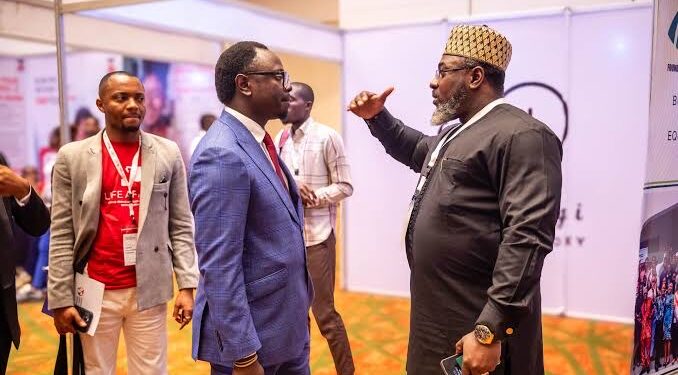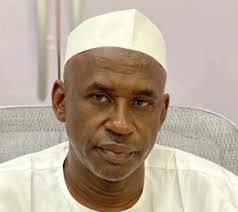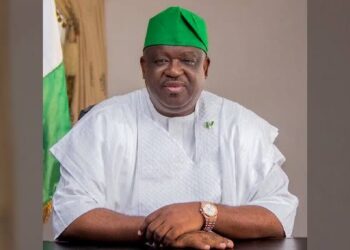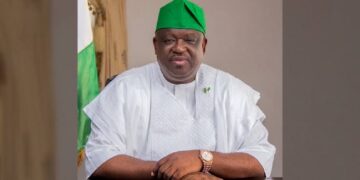The federal government has established the Joint Planning Committee (JPC) for the 30th Nigerian Economic Summit (NES #30).
The NES serves as an annual event providing a vital platform for dialogue among policymakers, corporate leaders, the organized private sector, civil society organizations, and development partners.
This summit nurtures the symbiotic relationship between the public and private sectors, contributing significantly to the country’s overall economic growth and development.
The NES #30 aims to rally pertinent public and private sector stakeholders, encompassing federal, state, and local governments, development partners, and other pivotal entities.
One of the primary responsibilities of the JPC is to compile the “Green Book” for the NES #30 within three months following the conclusion of the summit, among other obligations.
During the inauguration, the Minister of Budget and Economic Planning, Senator Abubakar Bagudu, represented by the Permanent Secretary, Mr. Nebolisa Anako, emphasized the significance of the summit’s previous outcomes in shaping governmental policies.
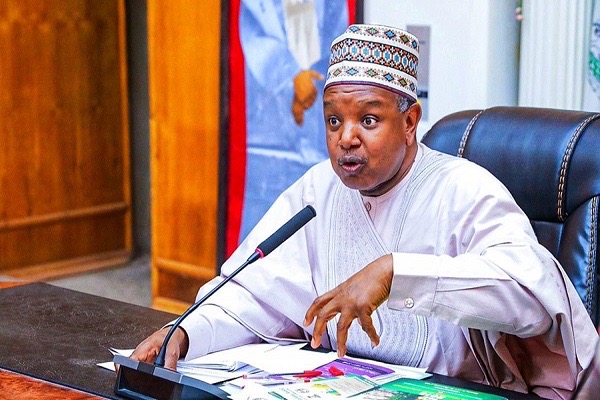
He articulated, “The pivotal outcomes of the annual Summits have always played crucial roles in shaping the policies of Government. Particularly, the Summit had previously contributed to solidifying the culture of development planning in the country. Most notably, the partnership substantially aided in the formulation of the National Development Plan (NDP), 2021-2025, the Nigeria Agenda 2050, and provided invaluable policy recommendations for the Government.”
The summit is anticipated to address the pressing economic challenges confronting Nigeria. The chairman of the NES 30 Anniversary Committee and Vice Chairman of the Nigerian Economic Summit Group (NESG), Omoboyede Olusanya, underscored Nigeria’s feeble economic performance, resulting in unfavorable socioeconomic outcomes and deteriorating living standards. He highlighted that per capita income declined from USD 2,162.60 in 2022 to USD 1,645.76 in 2023. Moreover, the heightened cost of a nutritious diet has exacerbated the multidimensional poverty rate, which stood at 62.9 percent in 2022.
Nevertheless, Olusanya contextualized the broader African scenario, stating, “The economic situation in Nigeria is not an isolated incident but a reflection of the condition in Africa. Numerous countries in the region grapple with similar challenges, emphasizing the necessity for collective action.”
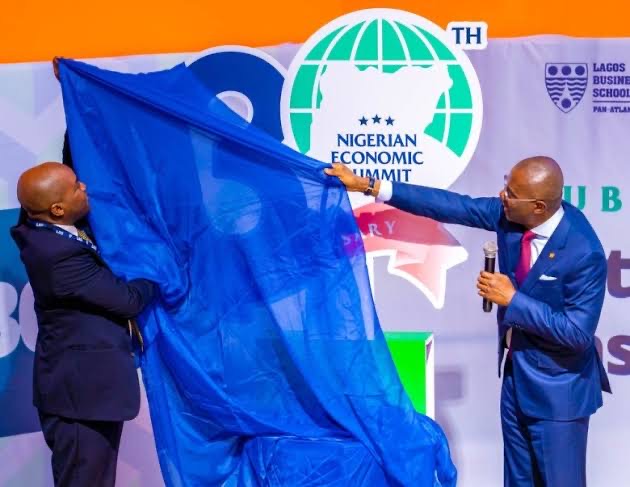
He observed that Africa’s real GDP growth decelerated from 4.1 percent in 2022 to 3.1 percent in 2023 due to elevated food and energy prices stemming from the Russia-Ukraine conflict, political instability, security issues, weak global demand, and climate change.
Emphasizing the imperative of collaborative endeavors, Olusanya remarked that Africa’s real GDP per capita has expanded at one of the slowest rates globally since the 1980s. He emphasized that most African economies have not undergone significant transformation since the 1990s, with traditional sectors remaining the primary drivers of growth and employment. “We can surmount these challenges by uniting our efforts and paving the path for a more prosperous Africa,” he declared.
The 30th Nigerian Economic Summit is poised to be a pivotal juncture, exemplifying the summit’s role in shaping Nigeria’s economic trajectory and underscoring the country’s significance in revolutionizing the continent through institutions, investments, integration, industrial growth, and innovation.


